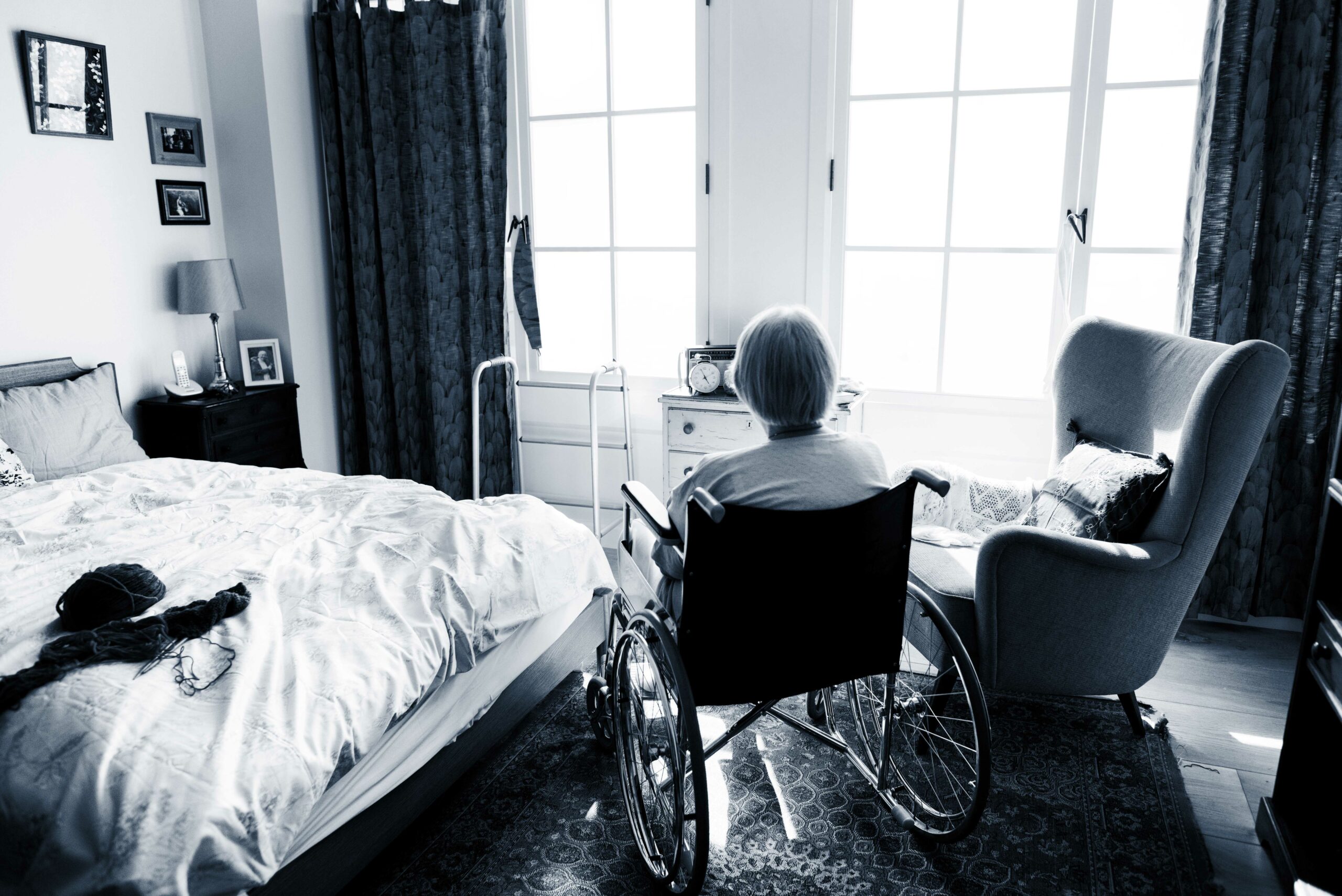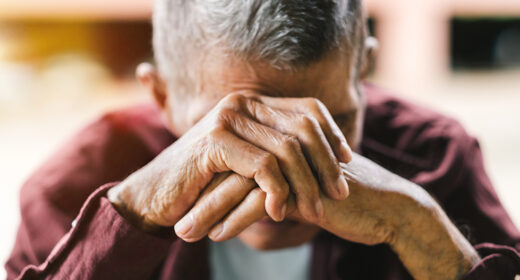The exceptional circumstances of COVID-19 have raised numerous questions about the care and best interests of loved ones.
In particular, the adherence to social distancing guidelines and issues related to COVID-19 outbreaks in long term care facilities have sparked disputes between family members who have differing points of view on the best care for elders or those who are immunocompromised, especially where one person holds a Power of Attorney.
A Power of Attorney is a legal document that authorizes a person to make decisions on your behalf about your property or personal care. This person is known as your Attorney for Property or your Attorney for Personal Care respectively.
- An Attorney for Property can make decisions on your behalf involving your real property (e.g., your home or cottage) and your personal property (e.g., bank accounts and jewelry). If he or she is granted a continuing Power of Attorney, your Attorney for Property is entitled to act on your behalf at once. Otherwise, the Power of Attorney document will typically specify when your Attorney for Property can act on your behalf, and the property over which he or she may be entitled to make decisions.
- An Attorney for Personal Care can make decisions on your behalf related to your healthcare, treatment, housing, hygiene, nutrition, and the like. However, unlike an Attorney for Property, an Attorney for Personal Care may only make decisions on your behalf once you have become incapable to make those decisions for yourself.
Even though the courts in Ontario have substantially closed during the pandemic, they are still open for urgent matters. Alleged misuse or abuse of a Power of Attorney may meet the court’s test for urgency.

On an urgent application, the court will set aside a Power of Attorney and appoint someone else to act as the Attorney for Property or Personal Care where it finds such misconduct has taken place or continues to take place.
If the court considers an application to be urgent, it is within the court’s powers to set aside a Power of Attorney and appoint someone else to act as the Attorney for Property or Personal Care. Similarly, the Office of the Public Guardian and Trustee, a provincial agency charged with protecting mentally incapable adults, remains open and will investigate allegations of misuse or abuse of a Power of Attorney upon receipt of information that an individual may be incapable and at risk of suffering serious financial or personal harm. Depending on the outcome of its investigation, the Public Guardian and Trustee also has the authority to petition the court to set aside a Power of Attorney on an urgent basis.
Examples of suspicious behaviour that might suggest someone is misusing or abusing their Power of Attorney may include:
- Restricting access to, or preventing others from communicating with that person
- Not ensuring that person has adequate food, clothing, or any necessary medications or medical treatments
- Withdrawing monies from that person’s bank account for their own purposes
- Disposing of that person’s property hastily, surreptitiously, or in a manner contrary to that person’s needs or wishes
Our office has experience in bringing urgent applications before the court to deal with Powers of Attorney who have abused their powers. We also have experience working with the Office of the Public Guardian and Trustee.
If you suspect someone you know is misusing or abusing a Power of Attorney, you do not need to wait until the pandemic has abated to act. Speak to a lawyer. Our Estates Group can help you weigh your options, provide you with prompt legal advice, and, if necessary, bring an urgent application before the courts to remove someone misusing or abusing a Power of Attorney.
Nelligan Law gratefully acknowledges the contribution of Kris Ade, Student-at-Law in writing this blog post.



